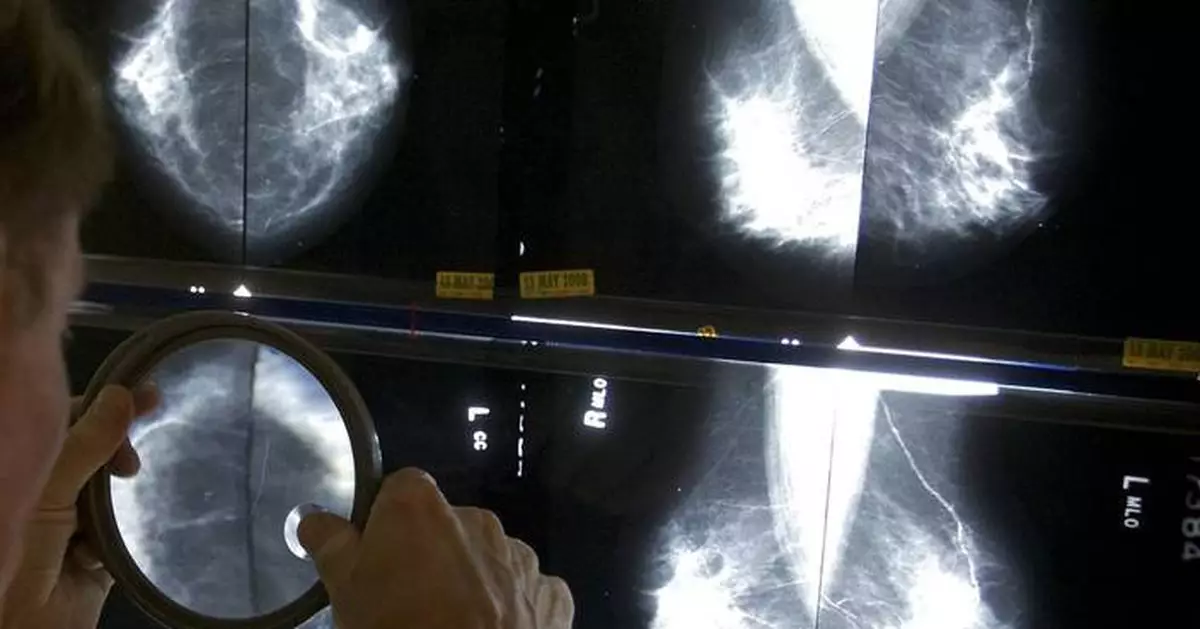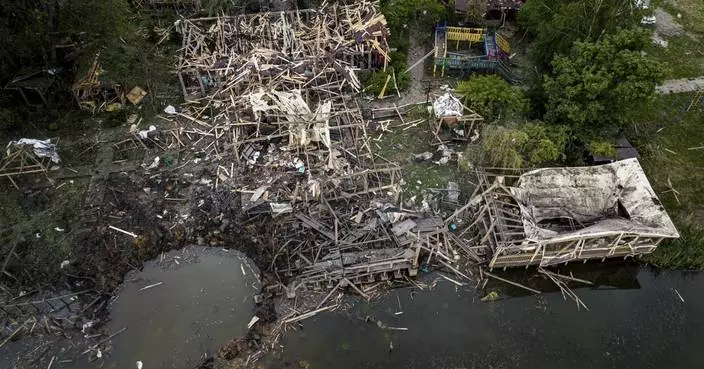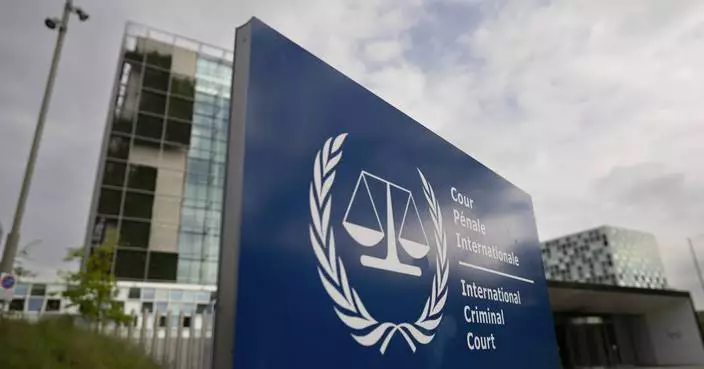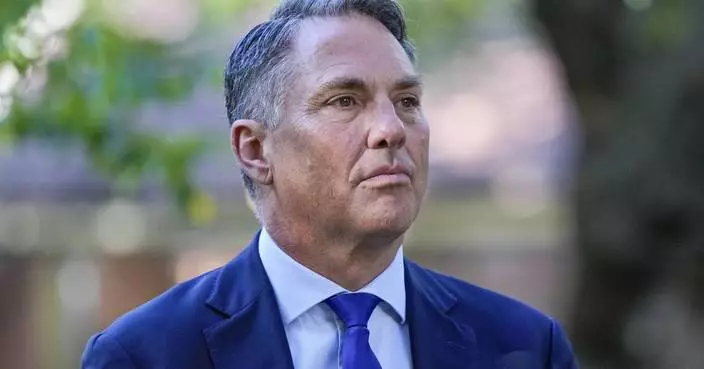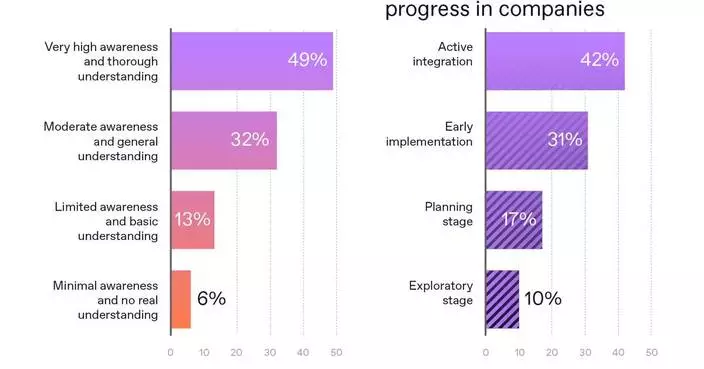Regular mammograms to screen for breast cancer should start younger, at age 40, according to an influential U.S. task force. Women ages 40 to 74 should get screened every other year, the group said.
Previously, the task force had said women could choose to start breast cancer screening as young as 40, with a stronger recommendation that they get the exams every two years from age 50 through 74.
The announcement Tuesday from the U.S. Preventive Services Task Force makes official a draft recommendation announced last year. The recommendations were published in the Journal of the American Medical Association.
“It’s a win that they are now recognizing the benefits of screening women in their 40s,” said Dr. Therese Bevers of MD Anderson Cancer Center in Houston. She was not involved in the guidance.
Other medical groups, including the American College of Radiology and the American Cancer Society, suggest mammograms every year — instead of every other year — starting at age 40 or 45, which may cause confusion, Bevers said, but “now the starting age will align with what many other organizations are saying.”
Breast cancer death rates have fallen as treatment continues to improve. But breast cancer is still the second-most common cause of cancer death for U.S. women. About 240,000 cases are diagnosed annually and nearly 43,000 women die from breast cancer.
The nudge toward earlier screening is meant to address two vexing issues: the increasing incidence of breast cancer among women in their 40s — it's risen 2% annually since 2015 — and the higher breast cancer death rate among Black women compared to white women, said task force vice chair Dr. John Wong of Tufts Medical Center in Boston.
“Sadly, we know all too well that Black women are 40% more likely to die from breast cancer than white women,” Wong said. Modeling studies predict that earlier screening may help all women, and have “even more benefit for women who are Black,” he said.
Here are more details on what’s changed, why it’s important and who should pay attention.
Age 40 is when mammograms should start for women, transgender men and nonbinary people at average risk. They should have the X-ray exam every other year, according to the new guidance. Other groups recommend annual mammograms, starting at 40 or 45.
The advice does not apply to women who've had breast cancer or those at very high risk of breast cancer because of genetic markers. It also does not apply to women who had high-dose radiation therapy to the chest when they were young, or to women who've had a lesion on previous biopsies.
It's not clear whether older women should continue getting regular mammograms. Studies rarely include women 75 and older, so the task force is calling for more research.
Bevers suggests that older women talk with their doctors about the benefits of screening, as well as harms like false alarms and unnecessary biopsies.
Mammograms don't work as well for women with dense breasts, but they should still get the exams.
The task force would like to see more evidence about additional tests such as ultrasounds or MRIs for women with dense breasts. It's not yet clear whether those types of tests would help detect cancer at an earlier, more treatable stage, Wong said.
Congress already passed legislation requiring insurers to pay for mammograms for women 40 and older without copays or deductibles. In addition, the Affordable Care Act requires insurers to cover task force recommendations with an “A” or “B” letter grade. The mammography recommendation has a “B” grade, meaning it has moderate net benefit.
The Associated Press Health and Science Department receives support from the Howard Hughes Medical Institute’s Science and Educational Media Group. The AP is solely responsible for all content.

FILE - A radiologist uses a magnifying glass to check mammograms for breast cancer in Los Angeles, May 6, 2010. An influential U.S. task force now says women should get screened for breast cancer every other year starting at age 40. The U.S. Preventive Services Task Force announced the updated guidance Tuesday, April 30, 2024. (AP Photo/Damian Dovarganes, File)
NEWCASTLE, Australia (AP) — Australia and New Zealand sent airplanes to New Caledonia on Tuesday to begin bringing home stranded citizens from the violence-wracked French South Pacific territory.
Australian Foreign Minister Penny Wong said Australia had received clearance from French authorities for two flights to evacuate citizens from the archipelago, where indigenous people have long sought independence from France.
Hours later, a Royal Australian Air Force C-130 Hercules touched down in Noumea, the capital. The plane can carry 124 passengers, according to the Defense Department.
“We continue to work on further flights,” Wong wrote on the social media platform X on Tuesday.
The Department of Foreign Affairs said 300 Australians were in New Caledonia. It did not immediately confirm whether the Australian-organized flights would also evacuate other stranded foreign nationals, believed to number in the thousands.
New Zealand's government also announced that it had sent a plane to New Caledonia to begin evacuating about 50 of its citizens.
“New Zealanders in New Caledonia have faced a challenging few days — and bringing them home has been an urgent priority for the government,” Foreign Affairs Minister Winston Peters said. “In cooperation with France and Australia, we are working on subsequent flights in coming days.”
Noumea’s international airport remains closed to commercial flights. Its reopening will be reassessed on Thursday.
At least six people have died and hundreds more have been injured since violence erupted last week in New Caledonia following controversial electoral reforms passed in Paris.
About 270 suspected rioters have been arrested as of Tuesday, and a 6 p.m.-6 a.m. curfew is in effect for the archipelago of about 270,000 people, which is a popular tourist destination with its idyllic beaches and climate.
France has sent in over a thousand security personnel, with hundreds more due to arrive Tuesday, to try to quell the unrest and restore control.
Armed clashes, looting, arson and other violence turned parts of Noumea into no-go zones. Columns of smoke billowed into the sky, hulks of burned cars littered roads, businesses and shops were ransacked and buildings became smoking ruins.
There have been decades of tensions between indigenous Kanaks who are seeking independence and descendants of colonizers who want to remain part of France.
The unrest erupted May 13 as the French legislature in Paris debated amending the French Constitution to make changes to New Caledonia voter lists. The National Assembly in Paris approved a bill that would, among other changes, allow residents who have lived in New Caledonia for 10 years to cast ballots in provincial elections.
Opponents fear the measure will benefit pro-France politicians in New Caledonia and further marginalize Kanaks who once suffered from strict segregation policies and widespread discrimination.

A RNZAF Hercules C-130 takes off from Whenuapai airbase near Auckland, New Zealand, bound for Noumea, New Caledonia, on a mercy mission to rescue stranded New Zealand tourists, Tuesday, May 21, 2024. The Australian and New Zealand governments say they are sending planes to evacuate their nationals from violence-scorched New Caledonia. (Michael Craig/NZ Herald via AP)

Burnt cars are lined up after unrest that erupted following protests over voting reforms in Noumea, New Caledonia, Wednesday, May 15, 2024. (AP Photo/Nicolas Job)

A RNZAF Hercules C-130 takes off from Whenuapai airbase near Auckland, New Zealand, bound for Noumea, New Caledonia, on a mercy mission to rescue stranded New Zealand tourists, Tuesday, May 21, 2024. The Australian and New Zealand governments say they are sending planes to evacuate their nationals from violence-scorched New Caledonia. (Michael Craig/NZ Herald via AP)

France's President Emmanuel Macron, 2nd right, chairs a security and defence council at the Elysee Palace in Paris, Monday, May 20, 2024. French security forces are working to retake control of the highway to the international airport in violence-scorched New Caledonia, shuttered because of deadly unrest wracking the French Pacific archipelago where indigenous people have long sought independence from France. (Benoit Tessier, Pool via AP)

FILE - This handout photo provided by the French Army shows security force embarking a plane to New Caledonia at the Istres military base, southern France, on Thursday, May 16, 2024. Using backhoes to shove aside charred vehicles, French security forces worked Sunday, May 19, 2024, to retake control of the highway to the international airport in violence-scorched New Caledonia, shuttered because of deadly unrest wracking the French South Pacific island where indigenous people have long sought independence from France. (Etat Major des Armees via AP, File)

The French territory of New Caledonia has been rocked by deadly unrest, leading to a state of emergency imposed by Paris. (AP Graphic)

FILE - Smoke rises during protests in Noumea, New Caledonia, Wednesday May 15, 2024. Using backhoes to shove aside charred vehicles, French security forces worked Sunday, May 19, 2024, to retake control of the highway to the international airport in violence-scorched New Caledonia, shuttered because of deadly unrest wracking the French South Pacific island where indigenous people have long sought independence from France. (AP Photo/Nicolas Job, File)



